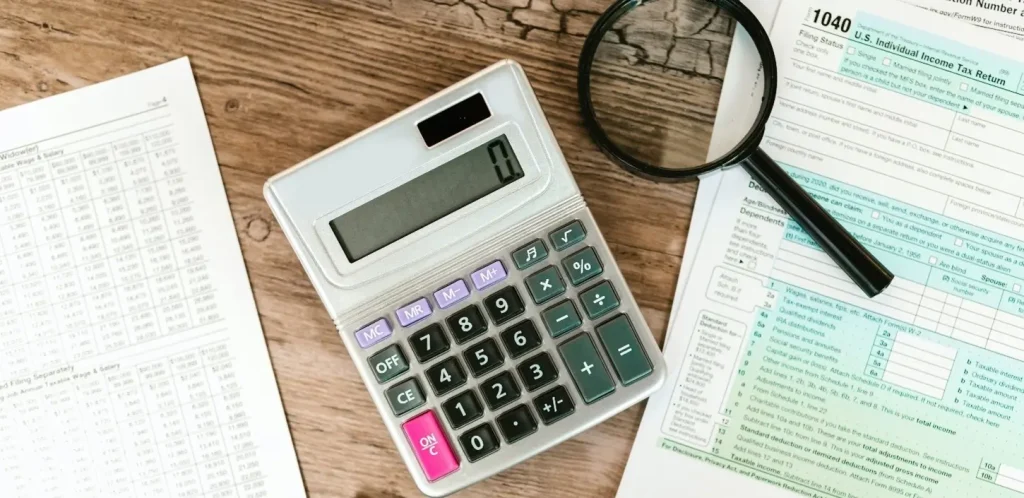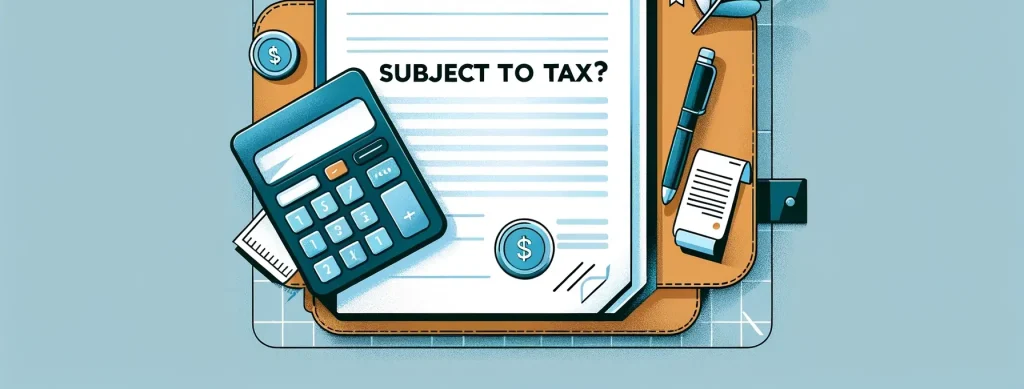
A quitclaim deed easily, quickly transfers your home’s title. You can use a quitclaim to give a home to someone else, with no expectation of a payment from the recipient. Some people use quitclaims to pass homes to their family members.
So, is this a good way to carry out your wishes yourself — a sort of early estate planning? Who needs their home going under a probate court’s supervision after they die, right? And who wants to pay huge fees to the county for the trouble?
Fair questions. But…
Continue reading “You Can Quitclaim Your Home to a Loved One to Skip Probate Costs. Is It Worth It?”








